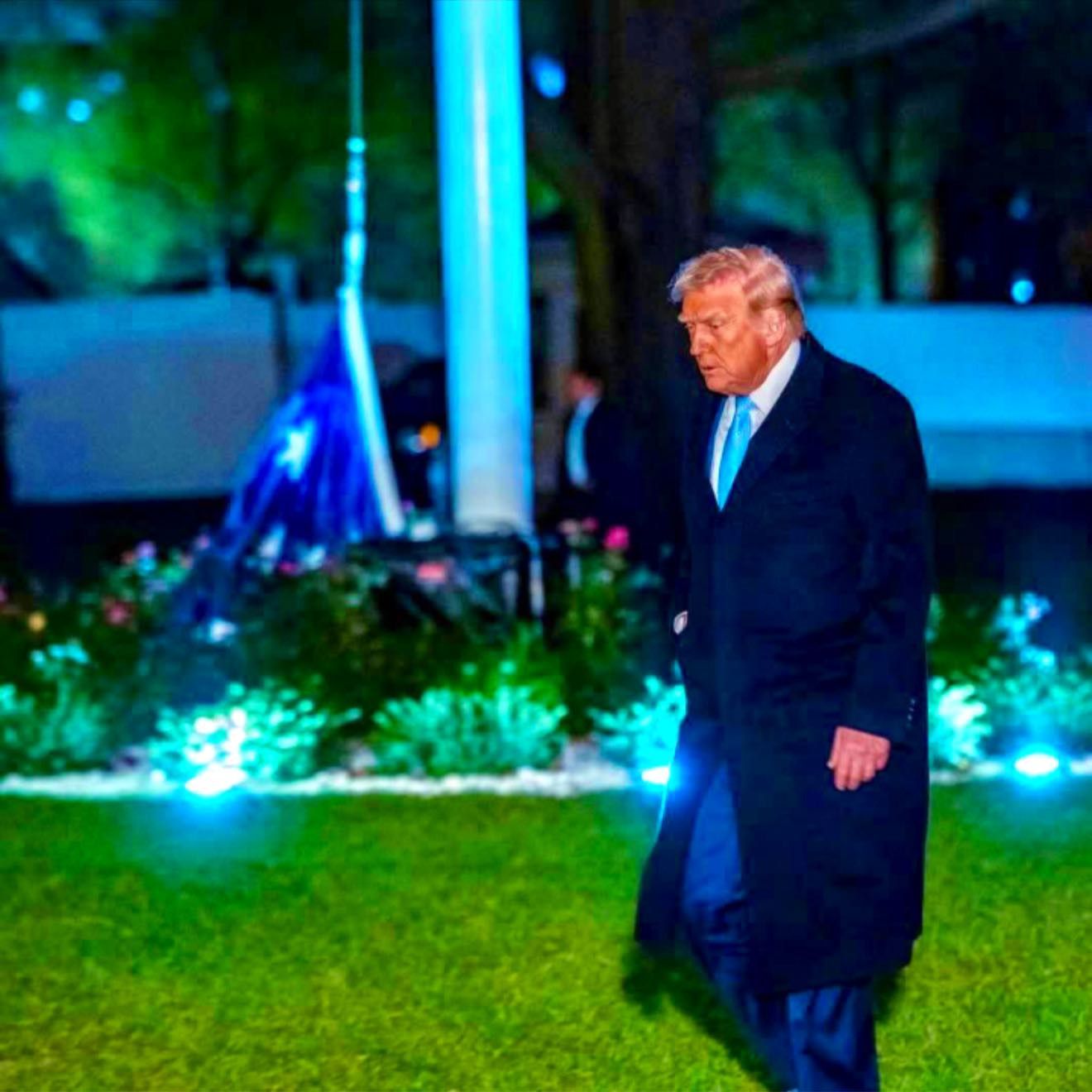Donald Trump has been hit with what may be the most serious set of legal charges ever brought against a former U.S. president. On August 1, 2023, a federal grand jury in Washington, D.C., indicted him on four counts tied to his actions following the 2020 presidential election.Department of Justice+3Wikipedia+3Congress.gov+3 The charges include: conspiracy to defraud the United States, conspiracy to obstruct an official proceeding, obstruction of and attempt to obstruct an official proceeding, and conspiracy against rights guaranteed by the Constitution.clearinghouse.net
According to the indictment, Trump and unnamed co-conspirators used knowingly false claims of election fraud, pressured state officials, and attempted to derail the lawful process of certifying electoral votes.Department of Justice+1 Prosecutors allege that they worked across multiple states, influencing legislators, electoral officers, and the vice president’s role in certification.clearinghouse.net+1
The “conspiracy to defraud the United States” charge (18 U.S.C. § 371) means that Trump is accused of agreeing to use deceit or trickery to impair the functions of the federal government.Congress.gov Meanwhile, the obstruction counts stem from the events surrounding January 6, 2021, when a mob of his supporters breached the U.S. Capitol during the electoral certification process.clearinghouse.net+1 The “conspiracy against rights” count (18 U.S.C. § 241) alleges that Trump and others sought to deprive citizens of their right to vote or have their votes counted.Congress.gov
Because of his status and the gravity of the charges, this case is historic. It marks the first time a U.S. president has faced federal charges related to actions taken while in office.Wikipedia Trump pleaded not guilty at his initial court appearance, and the legal battle rapidly became a major point of contention in American politics, with high stakes for the justice system, the presidency, and public confidence.Department of Justice
Yet, the case is far from straightforward. One major complication is presidential immunity. Trump’s legal team argued that his actions were part of his official duties as president and therefore immune from prosecution.Justia Law The Supreme Court weighed in: on July 1, 2024, the justices held that a former president has absolute immunity for acts within his core constitutional powers, and at least presumptive immunity for other official acts—but not for unofficial ones.Justia Law The Court’s ruling did not dismiss the case outright, so the proceedings continue, but it added a complex layer of constitutional law to the trial.
Additionally, the factual and evidentiary issues are immense. The case involves millions of pages of documents, phone logs, communications with state and federal officials, dozens of witnesses, and parallel investigations into both the election-subversion and the January 6 events.The Guardian+1 Federal prosecutors, led by Jack Smith, described the conduct as an “unprecedented criminal effort” to overturn the results of a presidential election and thwart the peaceful transition of power.Reuters
What does this mean for Trump’s political future? He remains a leading contender for the 2024 Republican nomination, which complicates the timeline and public perception of the case. Some supporters view the charges as politically motivated, while critics argue they represent long-overdue accountability. Either way, the legal process will play out against the backdrop of an already charged political environment.
A major point observers emphasize: these charges do more than threaten one person’s freedom. They test the strength and fairness of the justice system, raise questions about presidential power, and force the country to ask whether no one is above the law—even the person at the helm of the government.
The indictment and related rulings highlight two essential themes. First, the rule of law versus the power of the executive: when a president uses or abuses their position in ways that undermine democratic processes, what is the proper response? Second, the role of future accountability: if the leader of the country can hold off legal consequences simply by virtue of office or political position, what message does that send about government and democracy?
Critics warn of dangerous precedent either way. If Trump is convicted, it could set a new bar for holding presidents accountable—but also raise concerns about politicizing criminal law. If the case fails due to immunity or procedural issues, it could reinforce a perception that presidents are effectively above the law.
For now, the case proceeds in fits and starts. The judge has scheduled various hearings and motions, including challenges to charges, arguments over evidence, and debates around the scope of immunity and jurisdiction.The Guardian+1 Look for trial dates, decisions on motions to dismiss, and further legal wrangling over how to interpret the statutes at issue.
In short: Trump is facing some of the most serious criminal charges ever filed against a former president. Whether justice is served—or appears to be served—will likely take years to resolve. Regardless of the outcome, this case will leave a mark on the American political and judicial landscape for decades to come.
